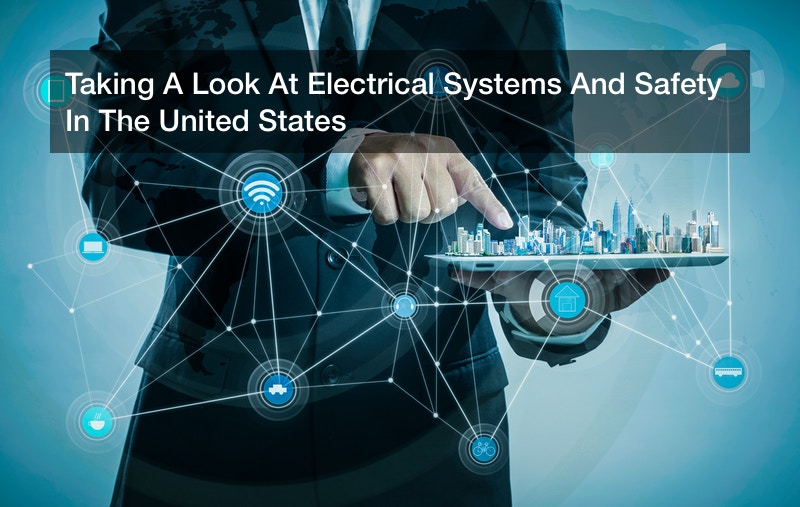
Electricity is one of the conveniences of modern life that many of us would truly struggle to do without. After all, electricity impacts so much of what we do. Without electricity, many people would not be able to work into the hours after the sun has fallen, particularly during the winter months in many a part of this country. In addition to this, many aspects of technology would be far less efficient – if usable at all – if electricity was not around. Without electricity, many medical procedures and different types of medical equipment would also not be able to be used, putting us back in the medical field as well.
But electricity has become part of the fabric of our day to day lives, and has been so for quite a long time now, so long that our parents and grandparents are not likely to consciously remember a time before electricity. This does not mean, however, that matters of electricity should be taken lightly. Unfortunately, electricity can prove deadly when it is mismanaged, and can lead to serious injury or destruction if not to death. For many people, this is something that is not consciously thought of when dealing with electricity – but absolutely should be.
For instance, whole house generators have become relatively commonplace here in the United States, as have generators in general. Whole house generators can provide a backup system to keep the house running in the event that the electricity goes out, something that is more common than many people realize. As a matter of fact, the first half of 2014 brought about as many as 130 grid outages, with more following in the second half of the year (and in all the years that have followed) as well. With power being lost up to 285% more frequently than it was back in the year of 1980, now almost 40 full years ago, the need for something like a whole house generator has become more necessary, especially in order to save money in the long run (such as to avoid needing to throw away all frozen and refrigerated food).
Whole house generators, however, will not always be necessary, something that is likely to come as a relief to those for whom whole house generators are a bit (or a lot) out of budget. After all, whole house generators can be nice to have, but typical high quality whole house generators certainly don’t come cheap. Even if you don’t invest in whole house generators, some type of emergency generator can still be used.
In fact, there are a number of things that you should take into consideration when deciding what type of standby generators you should look into for your own home. For instance, many people will actually use a generator size calculator, as such a tool can help to accurately determine the type of generator and the size of the generator that will be needed. After all, the bigger your house is, the more electricity it will need to be powered and the bigger the generator you’ll need. For large houses, whole house generators are likely to be the ideal choice.
After all, even whole house generators will likely save you money in the long run. Food can only last inside a not working fridge or freezer for a mere four hours before all needing to be thrown away. If power outages are happening with frequency, this likely means that many people are needing to dump what was once perfectly good food and go out and buy more, something that is certainly far from cost effective by any means, especially for those who might even be struggling with money. So while a whole house generator and the costs of generator installation might seem, at first, to be quite exorbitant, they are actually likely to be money saving more than than anything else – at least when you look at the big picture, that is.
At the end of the day, electricity matters quite a bit – and so too do whole house generators and other types of generators that are widely and commercially available all throughout the United States.
